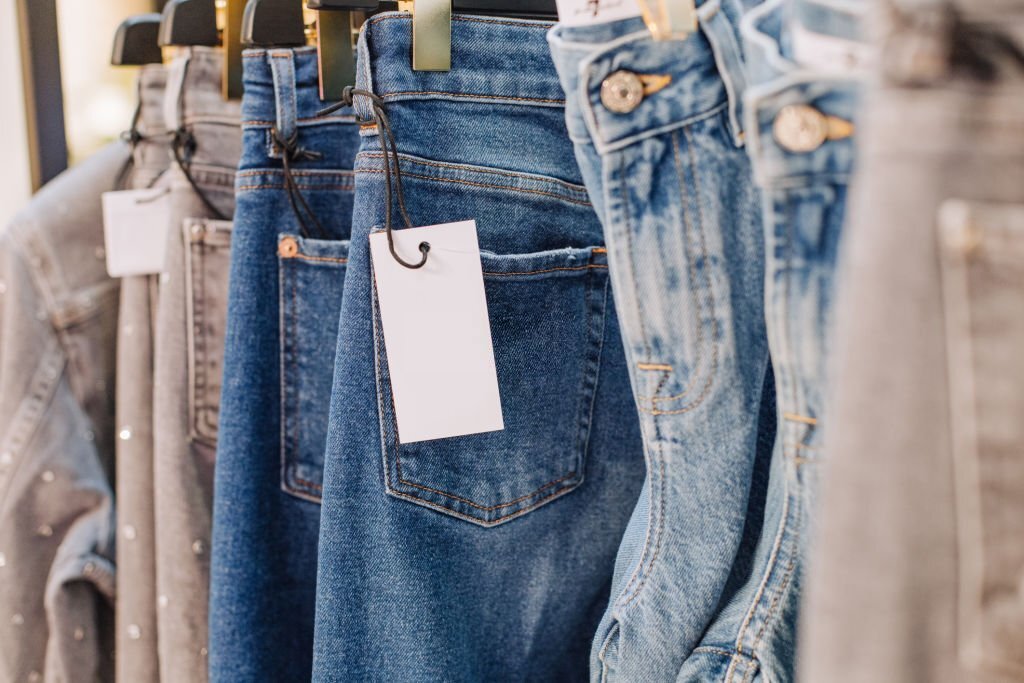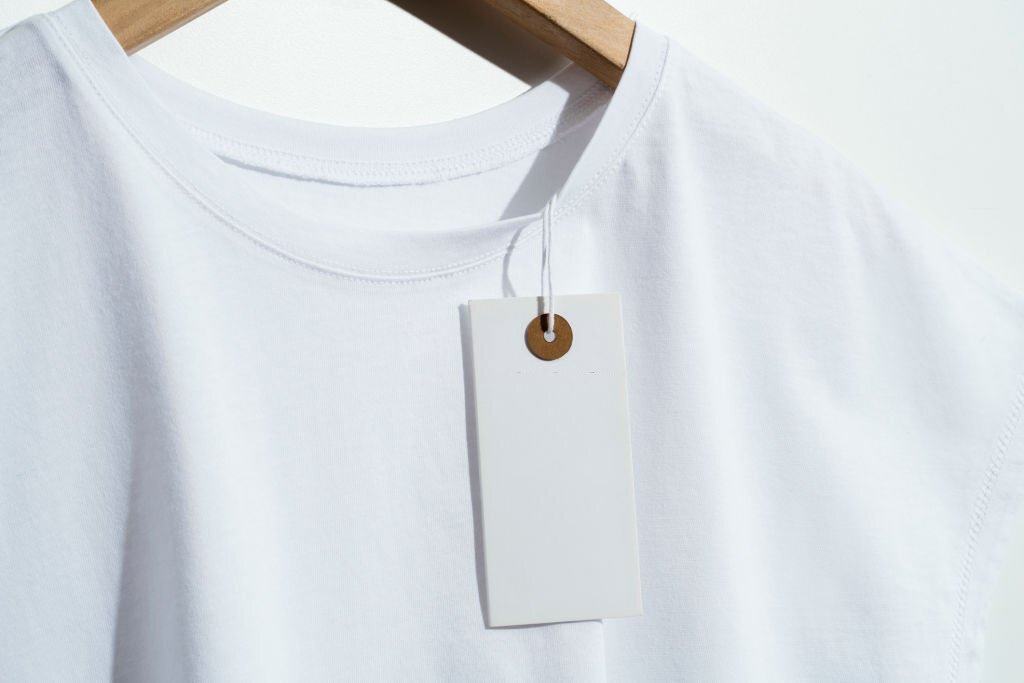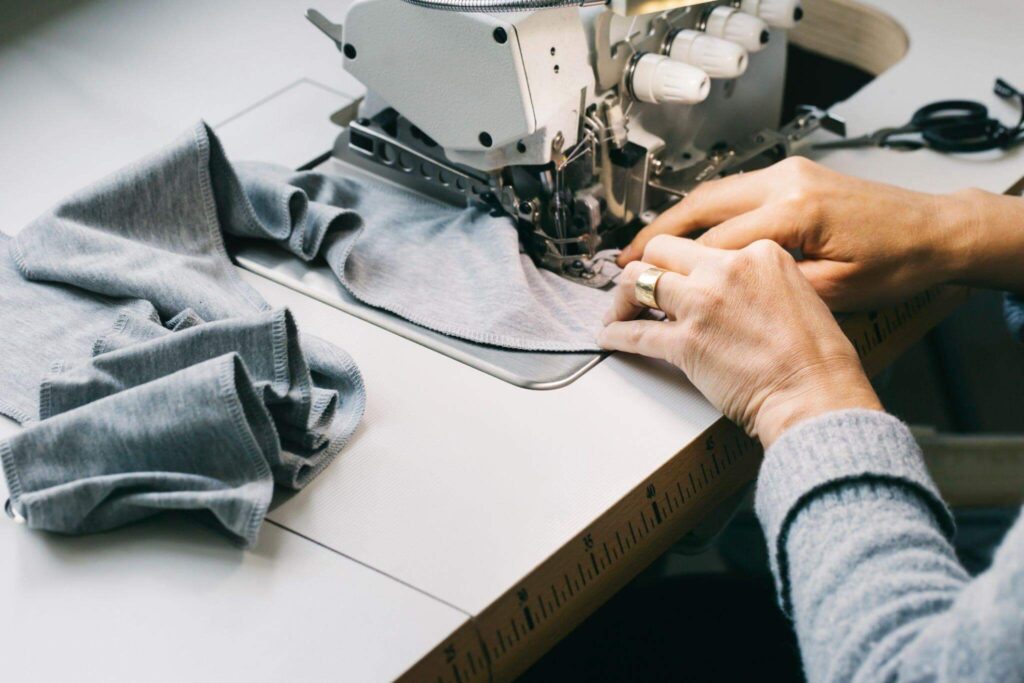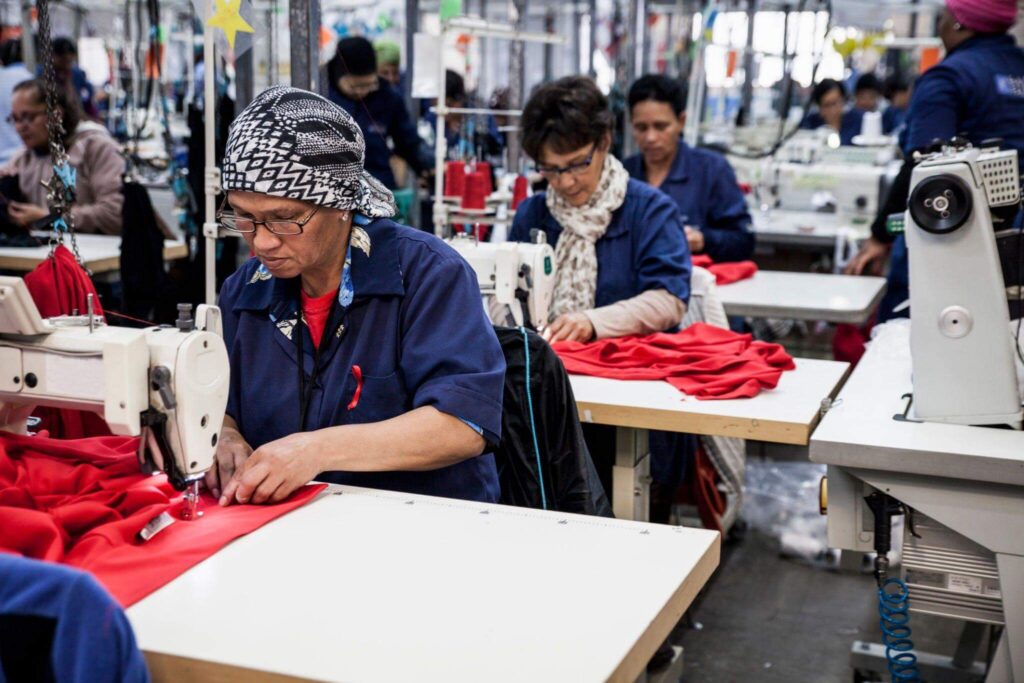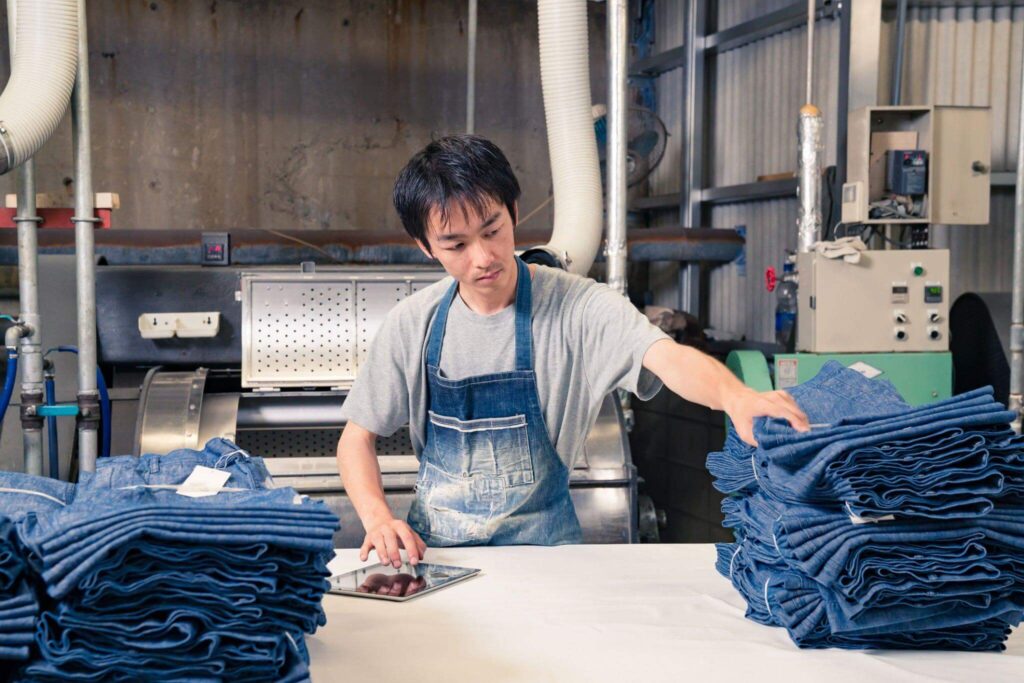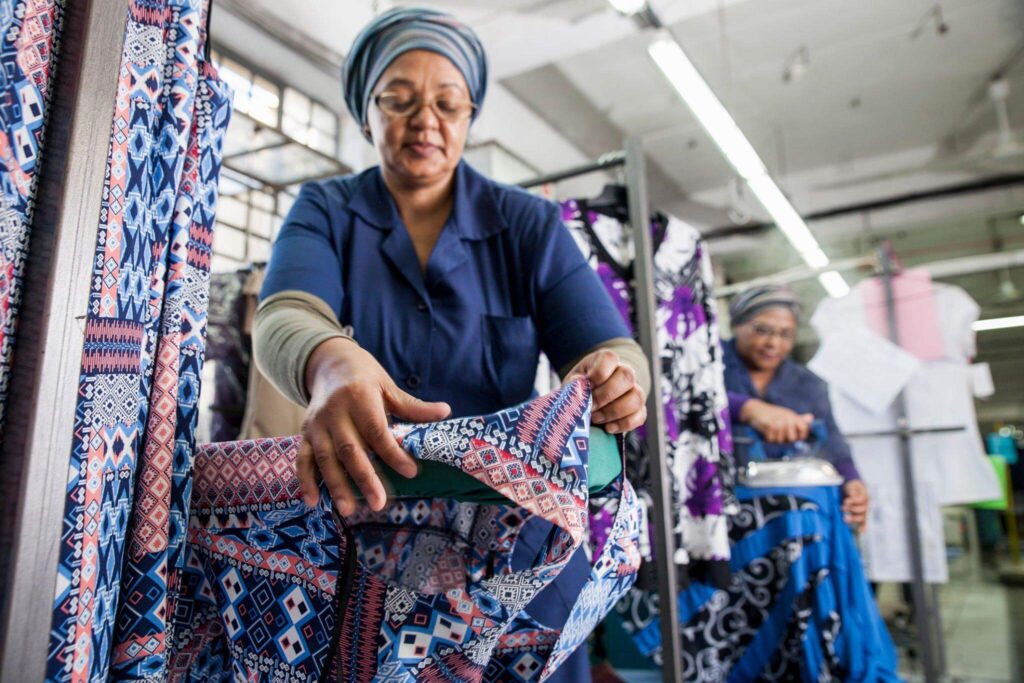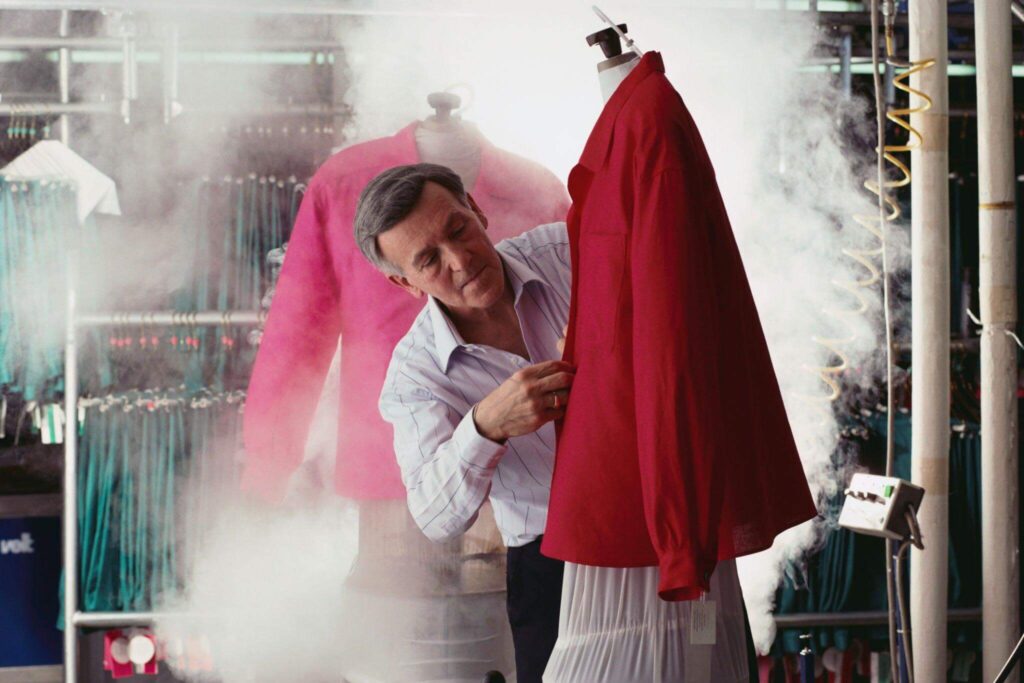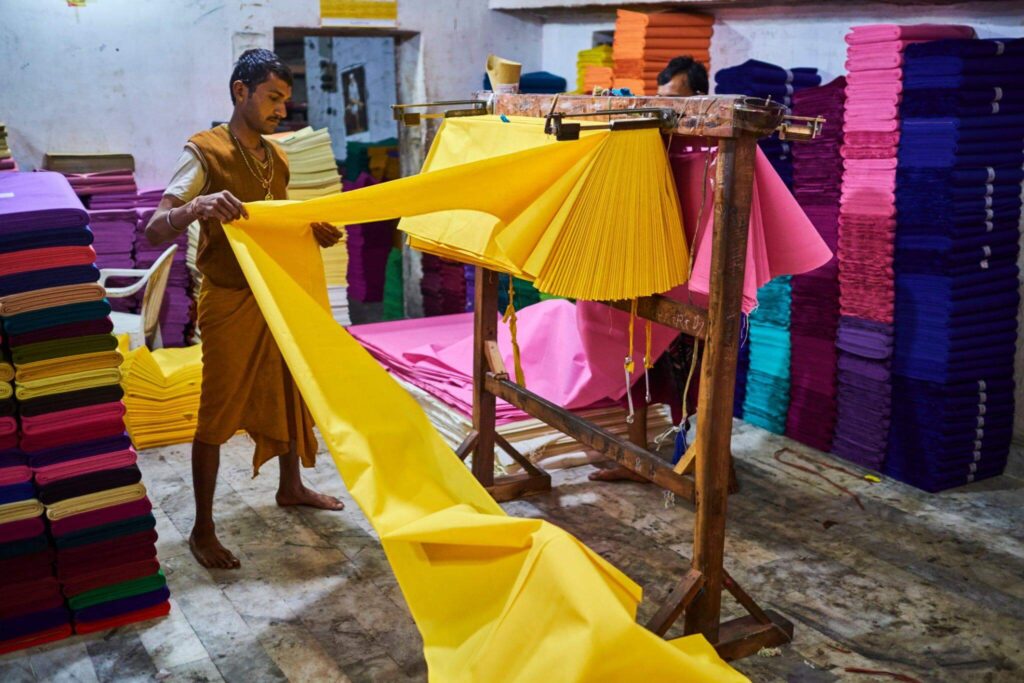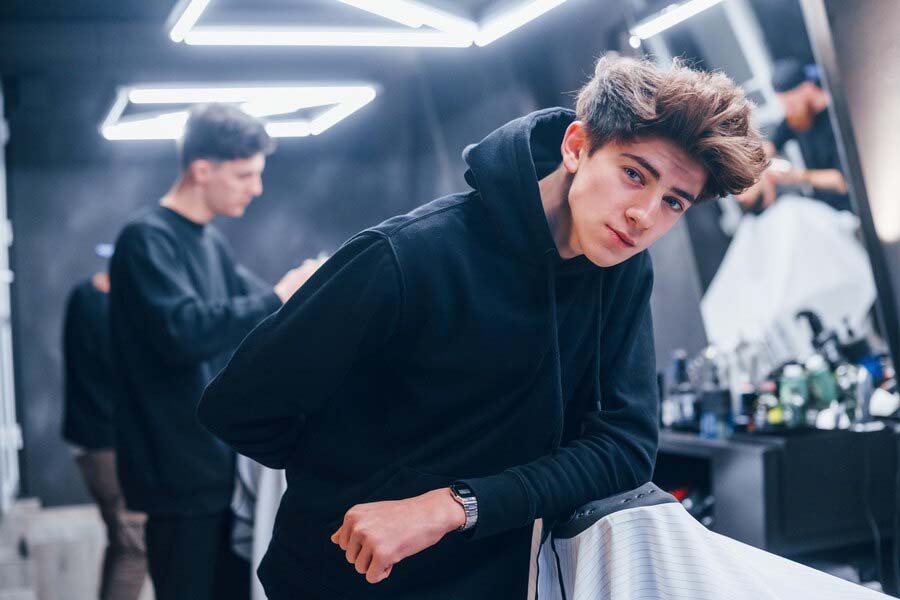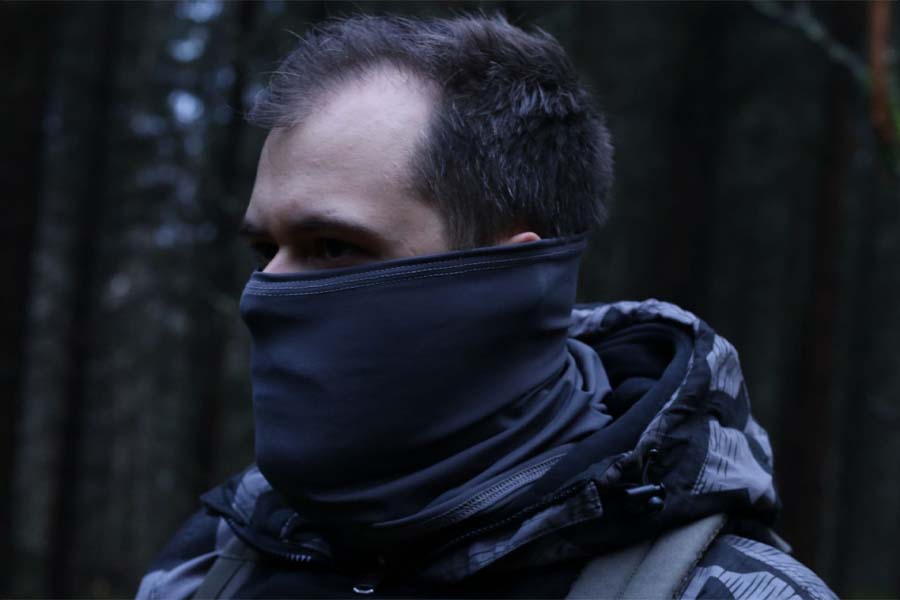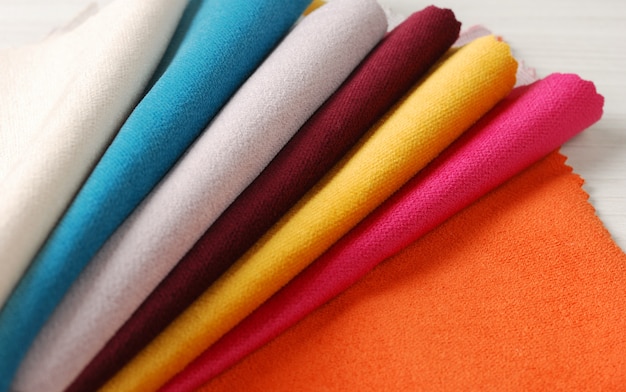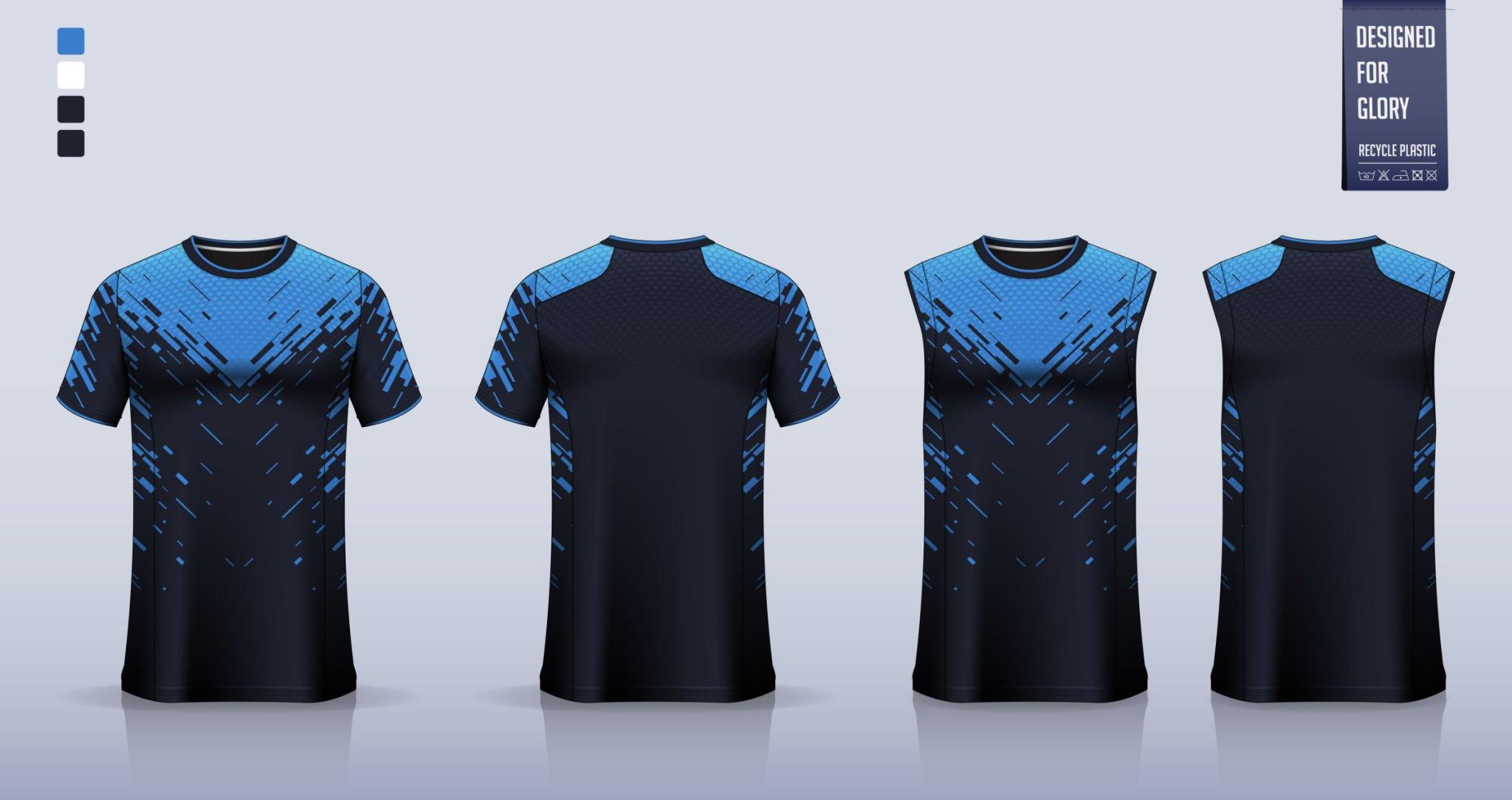American clothing manufacturers prepare to acquire a large portion of the worldwide apparel market, which may approach two trillion dollars by 2026. The industry changed over recent decades.
In the 1960s, about 95 % of clothing in the United States was produced within the country. After years of unfavorable trade agreements, this number altered significantly; 97 % of apparel then came from other countries. The situation changes again as 2025 arrives. Production becomes faster, local partnerships increase, and sourcing practices become more open. American-made products reappear as trade agreements between the United States and other nations get better.
Businesses that look for clothing manufacturers in the US recognize the advantages of working with local producers. Such work lessens the time from production to delivery. Our team researched and evaluated the best clothing manufacturing companies throughout the country. We do this to help you locate a suitable production partner for your brand in 2025.
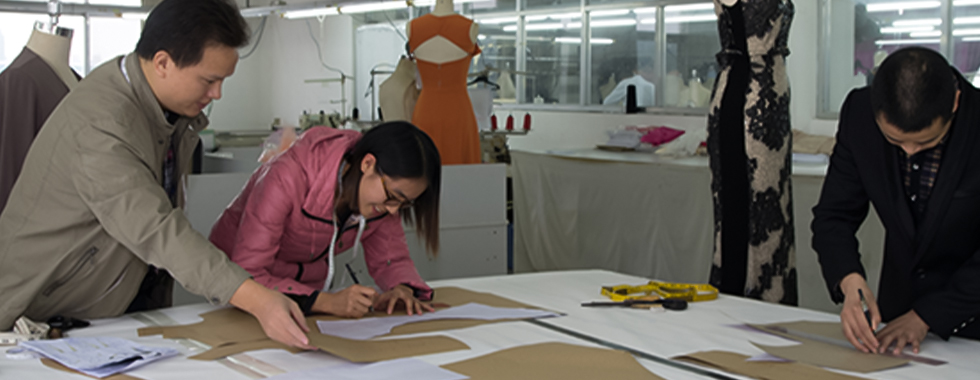
How to Choose the Right Clothing Manufacturer for Your Brand
Choosing a clothing maker for your brand requires careful thought about several aspects. When you look at clothing makers, knowing what they do well helps your brand succeed.
Look for Makers Who Offer OEM, ODM, or Private Label Services
Understand the different types of making services available. Original Equipment Manufacturing (OEM) involves making clothes from nothing based on your designs and tech packs. With OEM, you provide the fabric, or they help find it. This works for custom lines and brand command.
Original Design Manufacturing (ODM) provides products based on the maker’s designs, which you can change a little – this method saves time plus money by using their skill instead of spending much on research and development.
Private label making lets you pick ready made products from a list that can have your brand added – these items are often plain, simple styles that you can change with your logos and tags. For small businesses with little money, private label choices allow fast introductions with less initial expense.
Know Their Focus
Find makers with skill in your specific area. As an example, sportswear but also tailored clothing come from different makers. The best outcomes come from specialists who know what the garment needs.
When you look for activewear makers, find those who know about technical fabric and how items perform. Companies like Ludyway provide personalization services including technical designs from your ideas and special details such as custom pockets, mesh pieces along with seamless patterns.
2025 Best Clothing Manufacturers in the USA
1.Ludyway
Ludyway operates as an apparel manufacturing company – it quickly grew into a presence in the Chinese garment industry. Traditional manufacturers differ from Ludyway. Ludyway provides private label solutions – these solutions support fashion brands worldwide, whether they are new or already have a place in the market.
Ludyway’s Unique Approach to Custom Apparel
A company in Shenzhen, China, works with clothes production in a particular way. Ludyway provides full support from the beginning to the end, and it offers flexible production. Their team handles tasks from design to delivery. This process helps brands that want custom clothes.
Ludyway offers over 100 clothes styles. Their team designs these styles – this large selection provides fashion brands many ways to customize collections – these collections then represent a brand’s vision. Ludyway also offers many garment types:
- Hoodies
- T-shirts
- Tops
- Jackets
- Performance wear
Ludyway differs from other companies – it adjusts how it produces items to match a client’s brand and business goals. When a client shares a concept or tech pack, Ludyway’s team manages all steps. These steps go from getting materials to producing finished goods. Clients then concentrate on growing their brand.
Best Fit:Why Ludyway is Ideal for Emerging Brands
Ludyway is suitable for new brands. New fashion brands encounter particular challenges as they enter the market. Ludyway provides several benefits, positioning them as a good partner for industry newcomers.
Their low minimum order quantity removes a notable entry barrier for new designers. Such designers generally cannot pay for large initial orders.
Ludyway supplies tech packs – these tech packs help startups begin their first designs. This technical support holds value for new brands; they may have a creative vision but lack technical skill in producing garments.
Customization at Ludyway benefits new brands. These brands still establish their identity. Ludyway offers many materials, including options that cause less harm to the environment. They also provide custom printing. Order quantities are flexible; these features let new designers try designs and improve their product offerings.
Many new brands operate with little capital. Ludyway’s pricing tiers cost less, and their pricing structure is simple – this offers financial access, and the quality remains good. They accept both existing cut-and-sew styles or custom sketches. That lets brands have creative freedom, regardless of their technical abilities.
2.Euphoric Colors
Euphoric Colors began in Los Angeles. The company competes among American clothing manufacturers, having 25 years of experience in the industry. This private label apparel manufacturer provides a full range of services – it earned a good name by delivering custom clothing of high quality, which is entirely American-made.
Euphoric Colors’ Full-Service Manufacturing
Euphoric Colors stands out – it offers full service manufacturing, which occurs at a modern facility in the Los Angeles Arts District. The company provides many services for fashion brands – these services range from initial concept work to final product creation.
The manufacturing setup includes many machines:
- 250 sewing machines (more can be added)
- A TUKAtech laser cutter (it works automatically)
- 15 sublimation printers
- 4 sublimation flatbed roller transfer machines
- 3 automated screen printing presses
- 3 12-head embroidery machines
- 4 automatic trimming tables
Euphoric Colors differs from other manufacturers, like Ludyway. It uses a two level production system. The system offers production at both a small, specialized scale and a large factory scale. This provides flexibility, so the company handles different project needs. Boutique-scale production manages smaller, complex projects with much attention to detail. Factory-level production serves larger orders, maintaining high standards.
The company’s services cover several product types, which include sweatshirts, hoodies, t-shirts, jackets, athleisure wear, streetwear along with custom clothing – this draws a long list of clients. Brands like True Religion, JOAH BROWN, Devium as well as Love Your Melon work with them. Retailers such as TJ Maxx in addition to Nordstrom also use their services.
Best Fit: Mid to Large Fashion Brands
Euphoric Colors suits mid to large fashion brands which have specific requirements. The company adjusts to manage both boutique and factory level production. It partners well with established brands that plan to scale.
Several factors offer value to mid to large operations.
The company serves over 2,500 emerging and established fashion designers. This experience provides insight into various market segments. It features a fully integrated domestic supply chain. With EDI readiness for supply chain integration, the company helps larger brands with operations.
Euphoric Colors has a comprehensive quality control process – it involves daily management tasks plus checks through production – this process provides consistency across larger orders. Dedicated project and production managers work directly with clients; they maintain quality standards for each production project.
For brands that focus on American-made products, Euphoric Colors offers an alternative to overseas manufacturers. Its Los Angeles location helps with communication. It also provides faster shipping within the US and the marketing benefit of “Made in USA” labeling. The company handles various production volumes – it adapts as brands grow from medium to large scale operations.
3.Beautiful Connection Group
The Beautiful Connection Group is a clothing maker in the USA. It acts as a clothing marketplace for businesses, focusing on women’s custom clothes. As a manufacturer in the USA, BCG offers a complete answer for fashion businesses that look for good production under ethical rules.
Services Offered by Beautiful Connection Group
The Beautiful Connection Group offers complete manufacturing for clothing. Their main work involves women’s clothes like coats, jackets, tops along with dresses. Through this focus, they developed knowledge in women’s fashion production that sets them apart from companies with a broader scope.
BCG provides a single solution for garment production. Their services include:
- Manufacturing for private labels, for brands wanting to change ready made designs.
- Production of custom clothing, following client details.
- Finding fabric from suppliers around the world.
- Making patterns and developing samples.
- Producing large amounts of clothing for brands at different development levels.
A design team of five designers works in France in addition to Shanghai; they create four collections and over 1,000 designs each year. Clients select from these designs or work with BCG’s team to create custom collections based on specific needs, styles as well as color choices.
Best Fit: Women’s Fashion and Boutique Brands
The Beautiful Connection Group acts as a manufacturing partner for women’s fashion brands. Its expertise in women’s clothing items suits brands focused on jackets, coats, dresses along with tops.
Several factors make BCG valuable for women’s fashion and boutique brands:
- Specialized expertise: BCG developed specific expertise in women’s fashion. This differs from general manufacturers like Ludyway which produce many apparel types.
- Scalability: The group offers ordering options for both new and large businesses – it provides a manufacturing partner that grows with your brand.
- White label: Its private and white label options allow brands to build their identity while using BCG’s manufacturing knowledge.
- Manufacturing options: BCG uses both traditional and high tech manufacturing methods – this allows production of classic styles to new fashion.
- International operation: Their global presence helps distribution for brands with worldwide goals.
For fashion startups specializing in women’s clothing, BCG presents a valuable manufacturing choice. Their understanding of women’s fashion trends, with adaptable production, suits boutique brands seeking a clear market presence.
4.The Evans Group
The Evans Group (TEG) holds twenty years in clothing manufacture – it is an apparel factory recognized for its work with independent designers. Jennifer Evans began the company in 2005. The fashion house manages clothing development and production from Los Angeles in addition to San Francisco. It sets the standard for high end garment making.
The Evans Group’s Studio and Factory Services
TEG offers services for fashion designers at different points in their careers. Their way of working joins technical knowledge with creative ideas; they provide:
- Design advice plus plan for creativity
- Find fabric and trim
- Create patterns but also samples
- Cut and sew clothes
- Market designs as well as teach designers
TEG stands apart from other clothing producers because of its two production methods. Its studio production manages detailed designs with great care. This serves new designers. At the same time, its factory production handles larger orders while maintaining the quality of the work.
Best Fit: High-End and Independent Designers
The company TEG suits high end independent designers; they want quality work and personal service. Their staff includes skilled designers, pattern makers along with sewers in the US. This helps with complex, luxury clothes.
Client comments show TEG turns design ideas into actual items. One designer stated: “Their quality and attention to detail is unmatched, regardless of piece, fabric, or style”. Another person praised how “Everywhere I took my patterns plus samples, their work was noticed and complimented”.
New designers looking for a clothes maker find help with TEG’s support system. Their direct involvement helps with production details. This lets designers focus on their craft, not on technical issues. By working with groups like the Council of Fashion Designers of America, TEG stays ahead in American garment production.
5.Apparel Production Inc.
In New York City’s Garment District, Apparel Production Inc. (API) became a notable clothing maker in the USA. It works with fashion brands that prepare for large growth. As a full service clothing maker, API provides a complete solution for brands with yearly sales from $50K to over $100M.
Luxury Manufacturing Services by Apparel Production Inc.
Apparel Production Inc. provides luxury manufacturing services. The company sets itself apart with its manufacturing method. By placing all production steps in one building, from the first design idea to the finished items, the company crafts items according to specific requests.
The services include:
- Computer-Aided Design (CAD) for sketches and designs.
- Technical pack development, which serves as garment plans.
- Pattern making, done by staff.
- Stone washing and laser printing methods.
During manufacturing, the company maintains quality control. Its international manufacturing system allows it to manage high end fashion brands. The system handles design detail plus production amounts.
Best Fit: Premium and Designer Labels
With its abilities, API serves second stage brands ready to increase production. Its experience in manufacturing helps brands multiply output five to ten times while keeping quality. In addition, its New York City spot allows direct fittings for proper on brand fit plus finish.
API works well with luxury and designer labels – it offers specific services for formal wear but also premium clothes. Its quick sample production, along with its own pattern making and tech pack writing, gives a big advantage to high end brands.
For brands dealing with international fees, API offers good approaches through its nearby factories. It provides ways to save money as well as avoid the current average fee of 145 % on Chinese imports. This way, with its CAFTA-DR duty free plans, helps brands get better total costs while keeping high quality.
Best Clothing Manufacturers Comparison Table
| Manufacturer |
Location |
Production Timeline |
Best Fit For |
Key Services |
| Ludyway |
Shenzhen, China |
Focus on rapid production |
Emerging Brands |
Design concepts, fabric sourcing, pattern development, international logistics |
| Euphoric Colors |
Los Angeles, USA |
4–8 weeks (10–30 days rush) |
Mid to Large Fashion Brands |
Full-service manufacturing, sublimation printing, embroidery, screen printing |
| Beautiful Connection Group |
Global (35 partner factories) |
Varies by manufacturer |
Women’s Fashion & Boutique Brands |
Private label manufacturing, fabric sourcing, pattern making, B2B marketplace |
| The Evans Group |
Los Angeles & San Francisco, USA |
3–6 weeks for samples, 4–6 weeks for production |
High-End & Independent Designers |
Design consultation, pattern making, cut-and-sew production, designer mentorship |
| Apparel Production Inc. |
New York City, USA |
5–10 days for samples, 2–3 weeks production |
Premium & Designer Labels |
CAD design, technical pack development, pattern making, stone washing |
Conclusion
Choosing a clothing producer for a brand is an important decision – it affects how well the brand does in the clothing business. In this writing, we looked at five good producers. Each one offers different benefits based on what a brand needs.
More American-made clothing means good chances for clothing brands in 2025. A brand can pick Ludyway because they offer full help and it is easy to start with them. A brand can select a domestic producer like Euphoric Colors or The Evans Group. A brand’s decision should fit – its values, money limits along with plan for growth.
